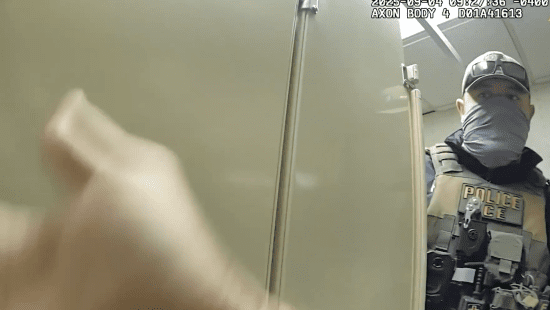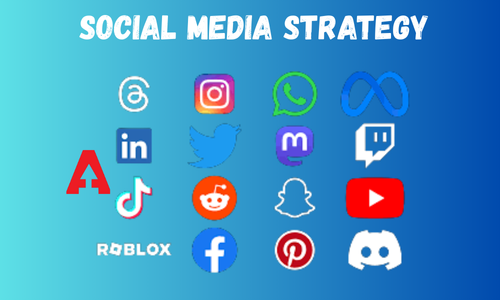The Microsoft founder predicts a healthcare revolution, but warns of a work future that could terrify us all.
In an interview with Jimmy Fallon, Bill Gates made a bold prediction linking artificial intelligence (AI) to the healthcare sector. “The shortage of doctors could become a thing of the past,” Gates said, suggesting AI could solve one of the most pressing challenges in global healthcare.
However, he also cautioned that this technological breakthrough raises critical questions about the future of employment. “What will jobs look like in the future? Should we only work two or three days a week?” he mused.
While enthusiastic about AI’s potential, Gates also expressed uncertainty. “It’s a completely new territory,” he said, admitting that people have legitimate concerns: “It’s a bit scary.”
In a post on Gates Notes, he emphasized that despite automation, jobs requiring human connection—like teaching and caregiving—will remain vital. AI won’t be able to fully replicate human empathy and interaction.
Gates envisions AI transforming both education and medicine. He imagines AI-powered digital tutors that teach, identify weaknesses, and personalize learning in real time—potentially replacing traditional classrooms with algorithmic learning.
But the most immediate revolution, according to Gates, will be in medicine. AI could surpass doctors in making complex diagnoses by analyzing genetic data, symptoms, clinical databases, and scientific literature faster and more accurately than any human could.
Meanwhile, Elon Musk offers an even more radical outlook: that AI will completely replace doctors and lawyers. On X (formerly Twitter), Musk said:
“AI will soon surpass doctors and lawyers by a wide margin (and eventually all humans at nearly everything).”
Musk’s post was in response to AI CEO Bindu Reddy, who argued that AI with access to lab reports would outperform human doctors in diagnosis and treatment. She also believes the same will happen to legal professionals.
She cited a New York Times article reporting that AI chatbots outperformed doctors in a diagnostic study—even when human professionals used the chatbots as assistive tools.








